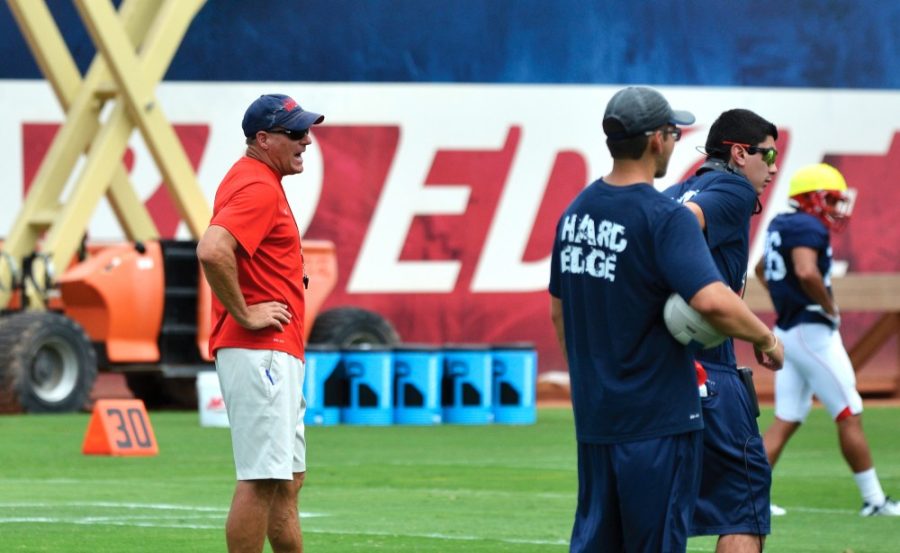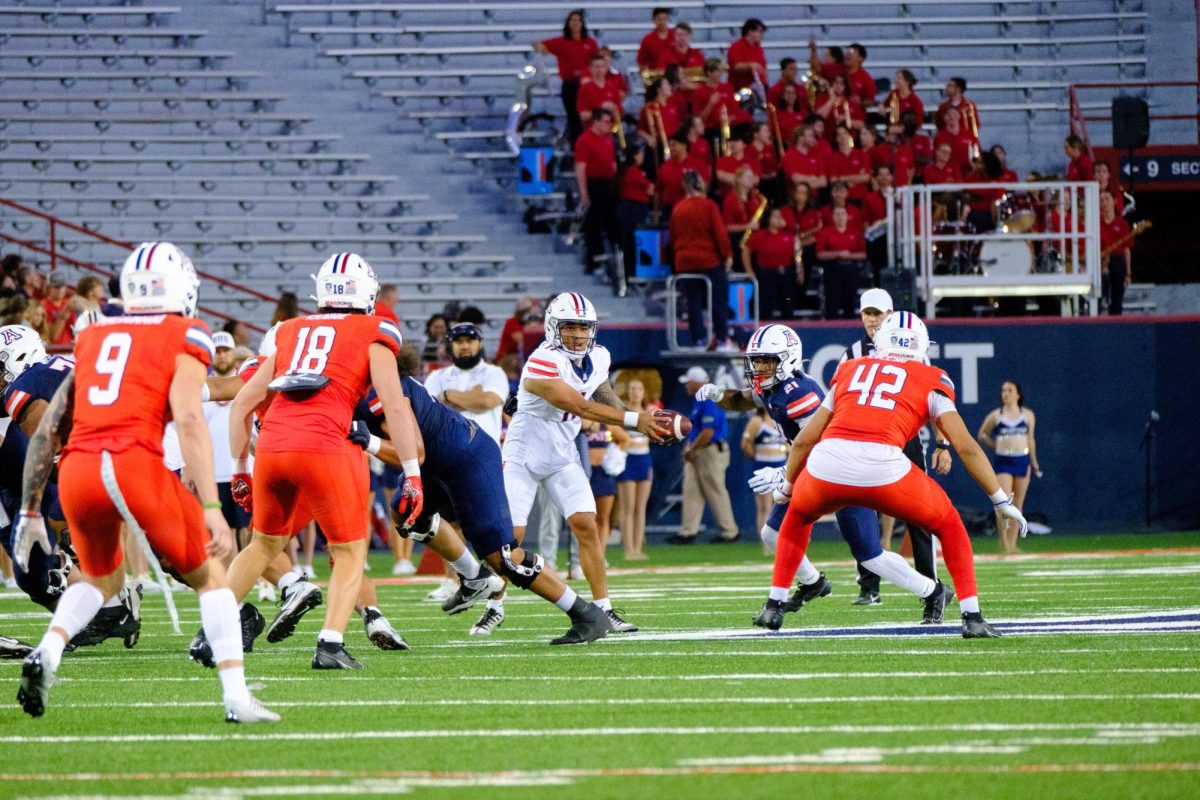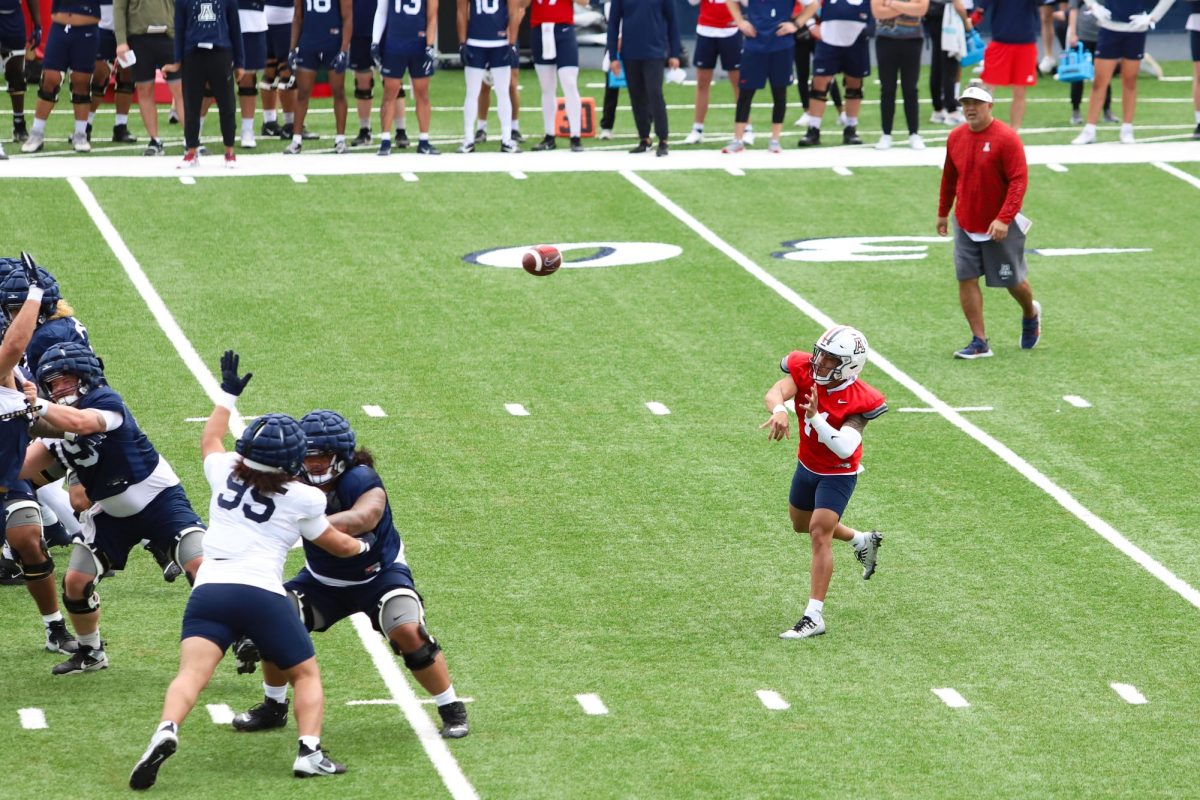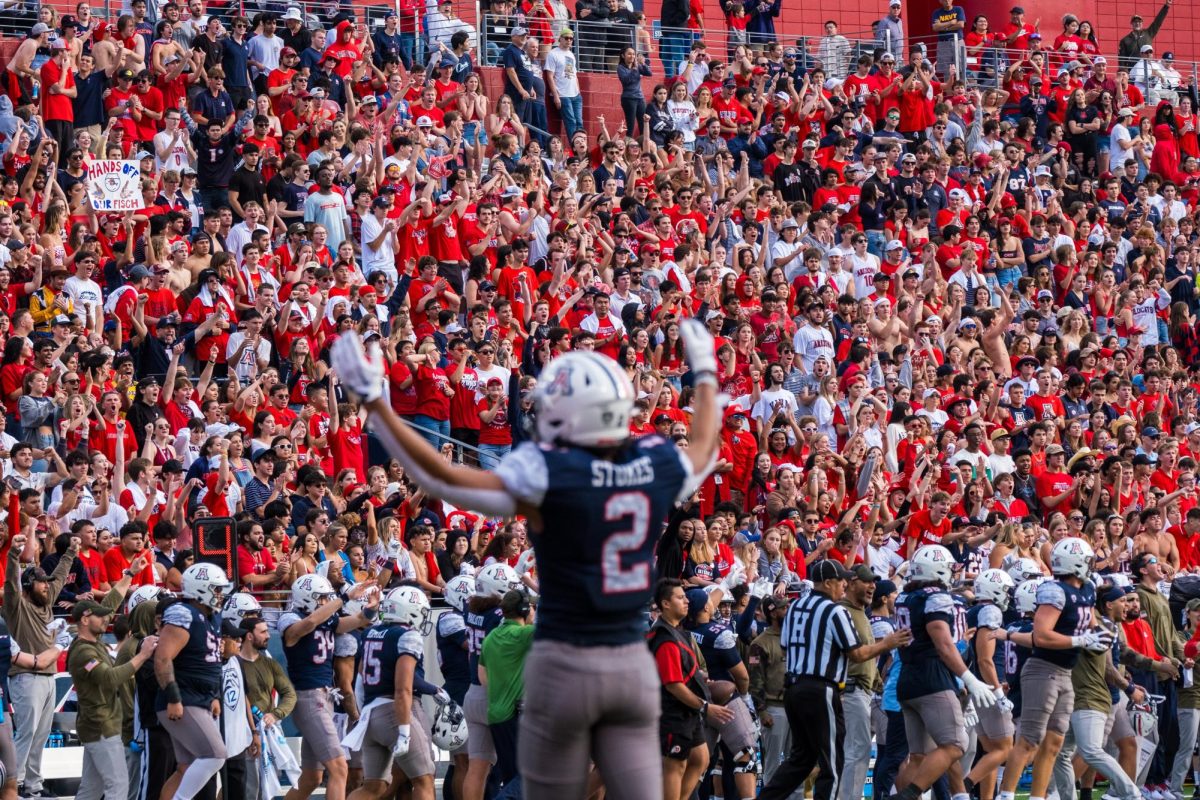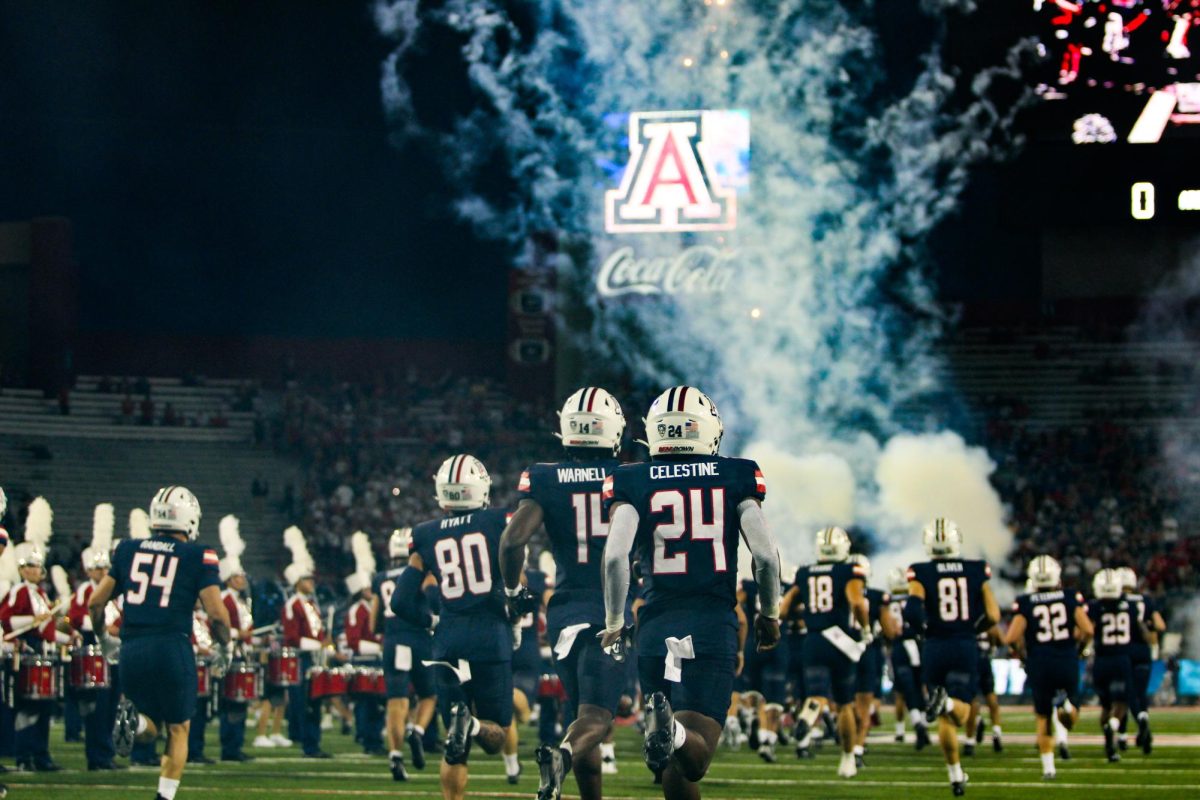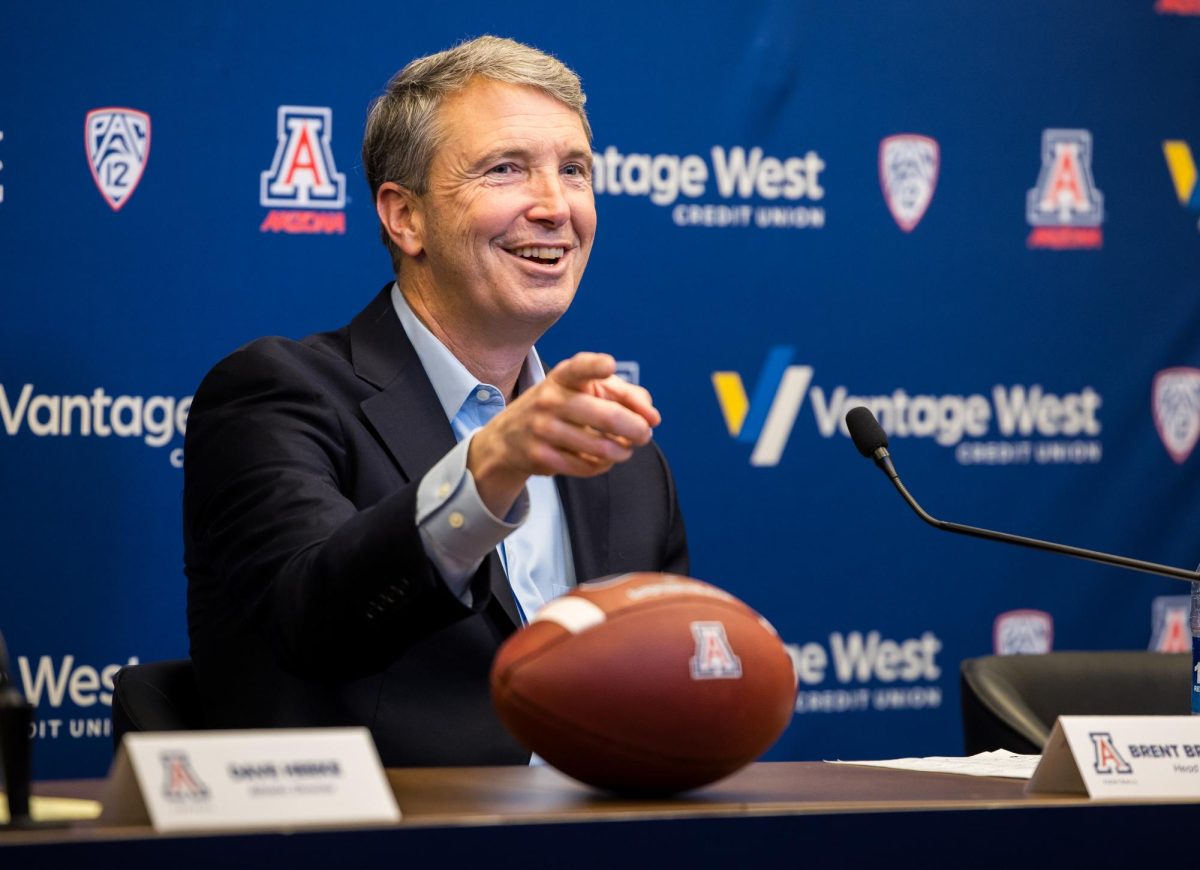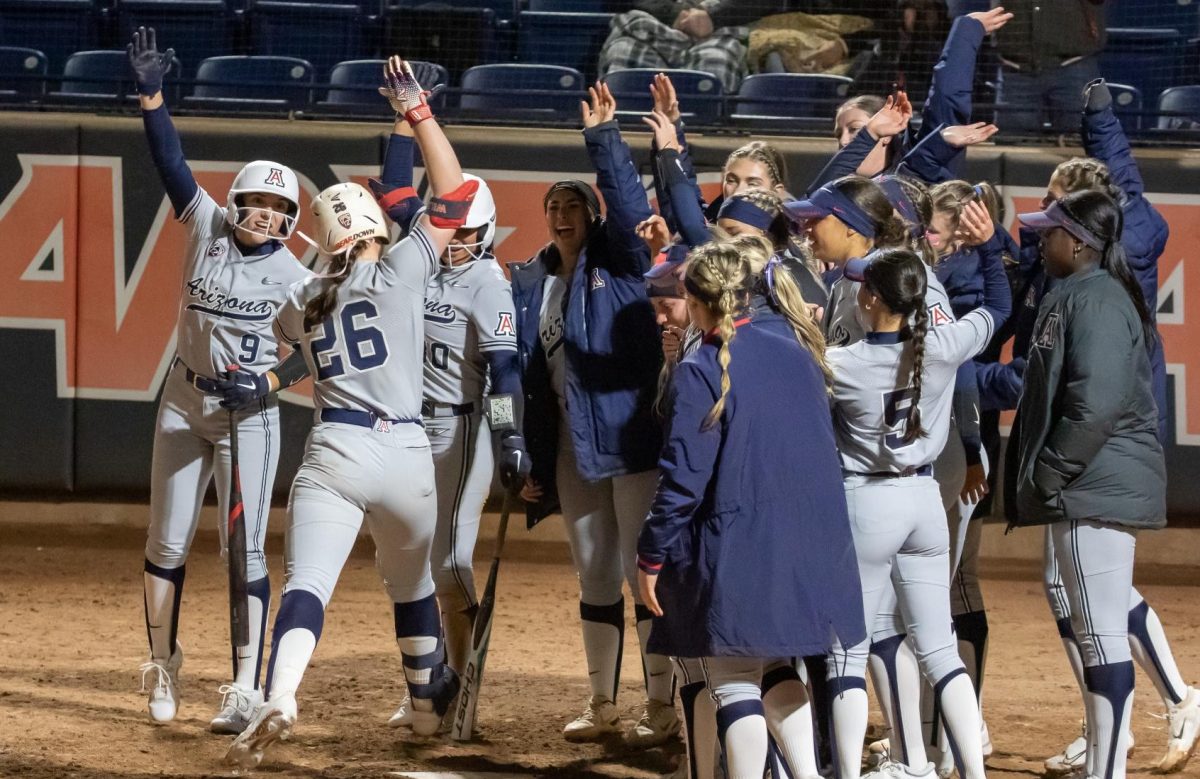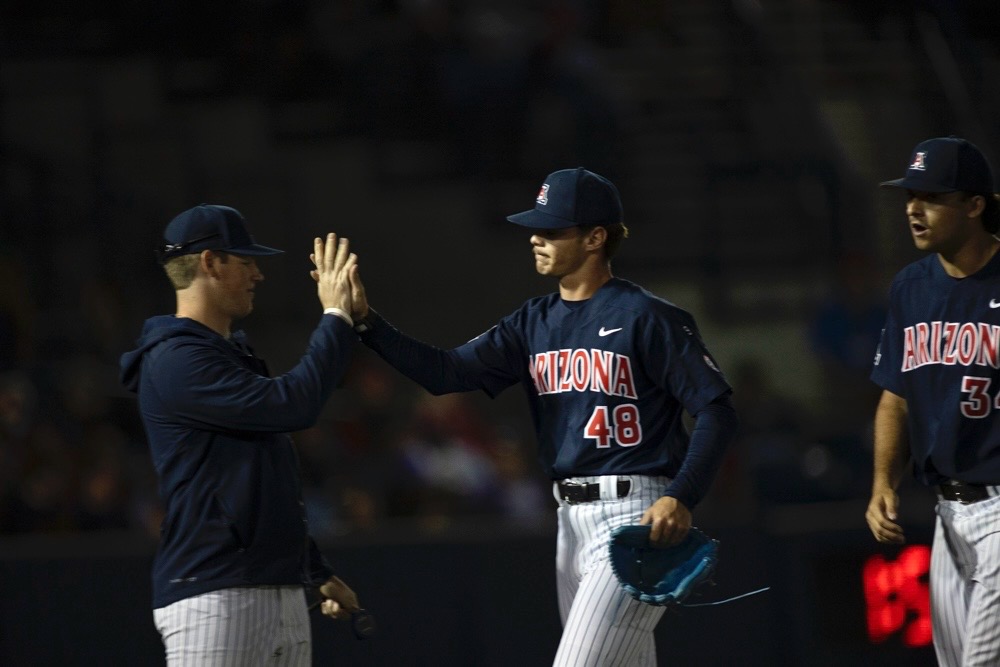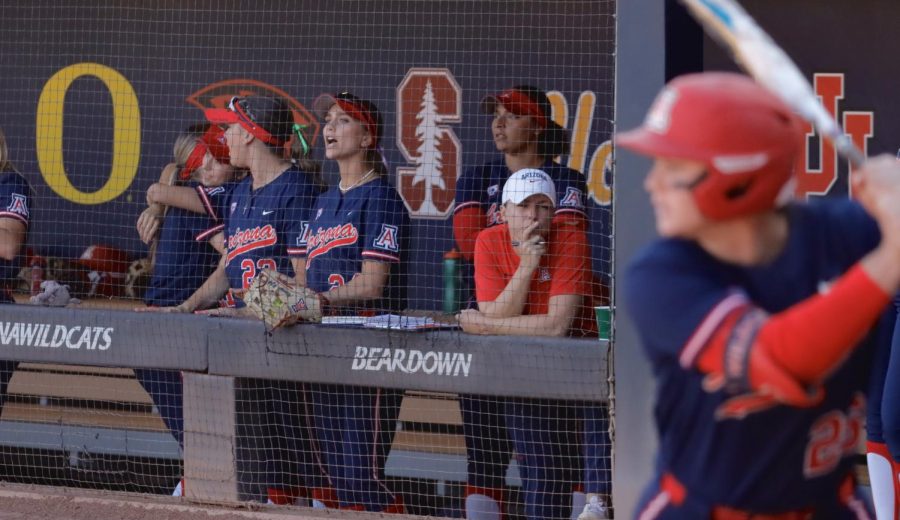With college football season on the horizon, this should be a time to rejoice for the return of one of our country’s greatest pastimes.
Instead, the sport finds itself embroiled in a number of scandals, some embarrassing and some more grievous.
Last week, the head coach at one national powerhouse, USC, admitted to taking medication mixed with alcohol before giving a drunken speech in front of boosters.
In the same news cycle, a head coach at another national power, Baylor, refused to admit that he knowingly took in a transfer with a violent past. The transfer sexually assaulted a fellow student-athlete.
Let’s start off on the west coast where Steve Sarkisian, USC’s second-year head coach, reportedly used foul language and bad-mouthed other Pac-12 Conference programs during his alcohol-laden speech.
While Sarkisian isn’t the first big-time coach to get drunk or give a fired up pep talk in front of some money-waving donors, he is one of the first to get caught doing both in the social media era.
In a business where perception matters as much as anything, Sarkisian’s rep took a big hit.
Sarkisian, after all, is supposed to be a leader of young men, a role model for the USC community. By getting on stage and blurting a slurred, inappropriate speech, his ability to lead USC on and off the field is now in question.
As lousy and unprofessional as Sarkisian’s actions look, they nowhere near match the level of egregious behavior attached to Baylor head coach Art Briles.
In May 2013, Chris Petersen, Boise State’s head coach at the time, dismissed defensive lineman and All-American Sam Ukwuachu from the team without any public explanation.
Later that summer, Ukwuachu transferred to play at Baylor.
In October 2013, he was accused of sexually assaulting a Baylor women’s soccer player.
For nearly two years, no one in the public knew of Ukwuachu’s sexual assault charge. And as recently as this summer, Ukwuachu was still a student at Baylor, expected to play for the Bears football team this fall.
It took until mid-August for the media to first report the sexual assault—just days before Ukwuachu was sentenced to 180 days in county jail and 10 years probation by a Texas judge.
When the media and public found out, naturally a lot of people had a lot of questions, namely how was a sexual assault case kept under the table for nearly two years, and why did Baylor accept a transfer with a reportedly troubled past?
At the center of these questions is Briles, the coach who recruited Ukwuachu to Baylor. What did Briles know and when did he know it, was the question most passed around.
According to the Dallas Morning News, a former girlfriend of Ukwuachu testified that the defensive end “punched and choked her” at Boise State.
Boise State, for its part, denies Ukwuachu’s dismissal had anything to do with sexual assault. And since the school did not publicly state the reasons for Ukwuachu’s dismissal, Briles has so far been able to play the ignorance card.
However, Petersen—the former Boise State head coach who is now at Washington—released a statement last week saying that he had “thoroughly apprised” Briles of the situation regarding Ukwuachu’s disciplinary record.
Baylor has now opened up a larger investigation into the matter of Ukwuachu’s transfer but for now, Briles will continue as head coach of Baylor.
It seems that winning is everything in college football, even if it comes at a moral cost.
Follow Ezra Amacher on Twitter.



